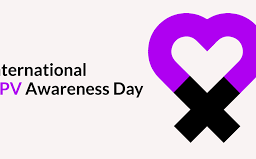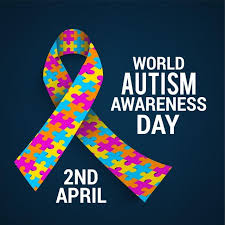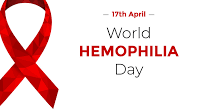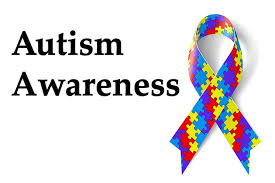
Navigating Life with Autism: Support, Resources, and Tips
Dive into the realm of Autism Spectrum Disorder (ASD) as we commemorate World Autism Awareness Day. Discover the nuances of this developmental disorder, understanding its impact on communication, social interaction, and behavior. Join us in promoting acceptance, inclusion, and the significance of early intervention to empower individuals with ASD. Let’s unravel the unique strengths and abilities within the spectrum, fostering a world that values and accommodates the diversity of those with Autism Spectrum Disorder.
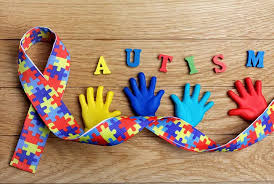
Autism is a complex developmental disorder that affects communication, social interaction, and behavior. It is estimated that one in 54 children in the United States is diagnosed with autism spectrum disorder (ASD), making it one of the most prevalent developmental disorders. In recognition of this, World Autism Awareness Day is observed on April 2nd every year to raise awareness about autism and promote acceptance and inclusion of individuals with ASD.
What is Autism Spectrum Disorder?
Autism is a neurological disorder that affects the way a person perceives and processes information. It is characterized by difficulties in social interaction, communication, and repetitive behaviors. The severity of symptoms can vary widely among individuals with ASD, ranging from mild to severe. Some common signs of autism include delayed speech and language development, difficulty making eye contact, lack of interest in social interactions, and repetitive behaviors such as hand flapping or rocking.
The Importance of Early Diagnosis and Intervention
Early diagnosis and intervention are crucial for individuals with autism. Research has shown that early intervention can improve outcomes for children with ASD by helping them develop communication and social skills. Early diagnosis also allows parents and caregivers to access resources and support services that can help them better understand and manage their child’s needs. It is important to note that there is no cure for autism, but with early intervention, individuals with ASD can lead fulfilling lives.
Promoting Acceptance and Inclusion
One of the main goals of World Autism Awareness Day is to promote acceptance and inclusion of individuals with ASD. This means recognizing that individuals with autism have unique strengths and abilities and should be valued for who they are. It also means creating environments that are inclusive and accommodating to individuals with ASD. This can include providing sensory-friendly spaces, using visual aids to support communication, and promoting understanding and acceptance in schools and workplaces.
In conclusion, World Autism Awareness Day is an important opportunity to raise awareness about autism and promote acceptance and inclusion of individuals with ASD. By understanding the signs and symptoms of autism, promoting early diagnosis and intervention, and creating inclusive environments, we can help individuals with ASD reach their full potential. Let us all work together to create a world that is accepting and accommodating to individuals with autism.
Disclaimer: The information provided in this content is for general informational purposes only. It is not intended as medical or healthcare advice, diagnosis, or treatment. Always seek the advice of a qualified healthcare professional with any questions you may have regarding a medical condition or healthcare decisions.


